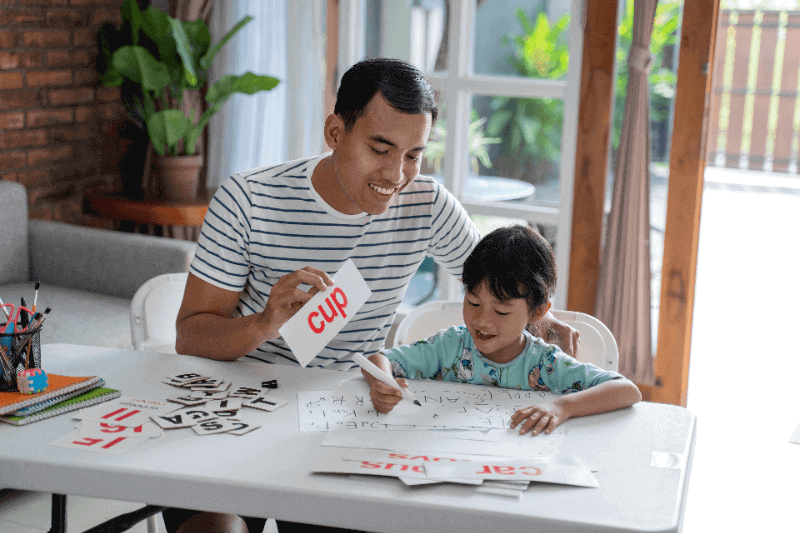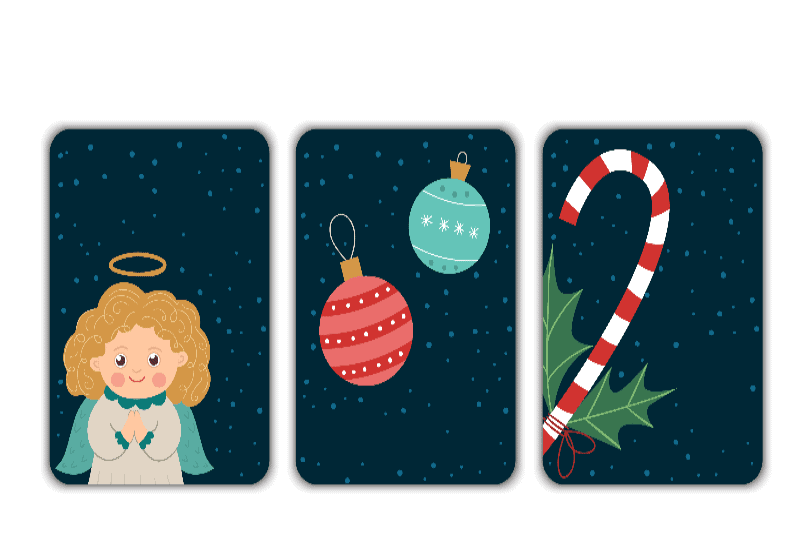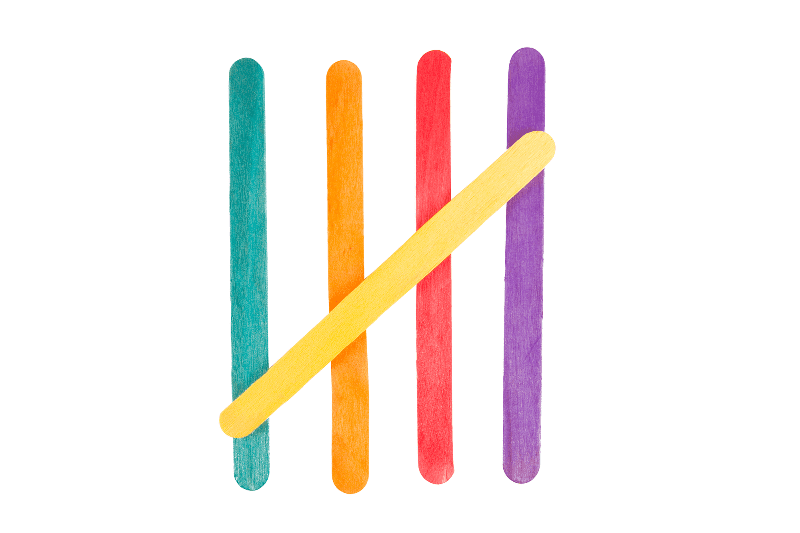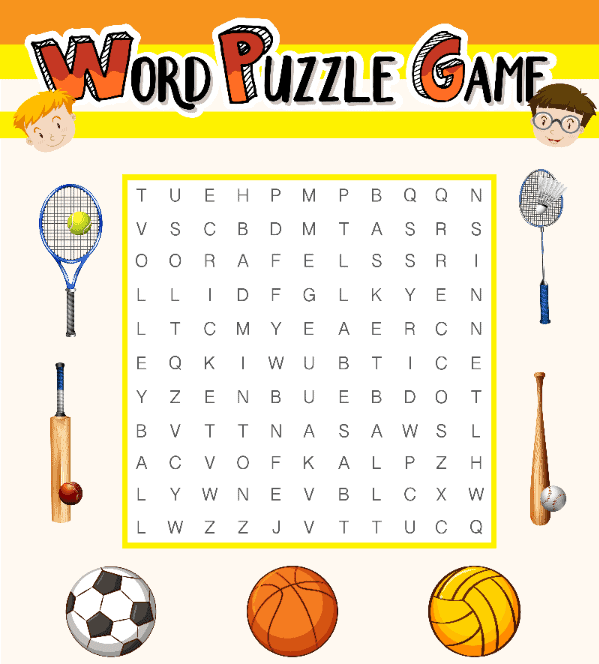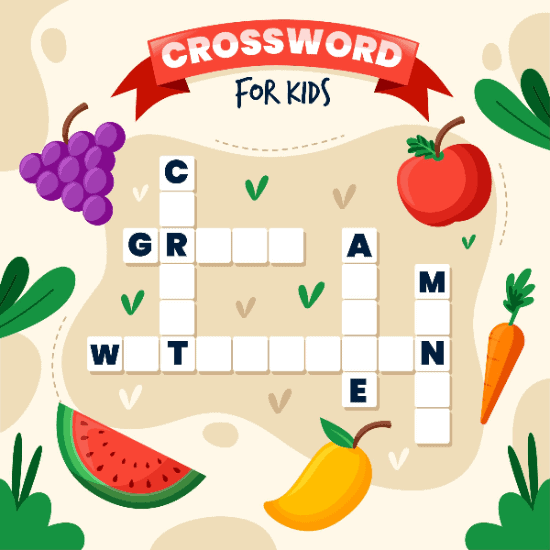20+ Fun Phonics Activities and Games for Early Readers
Teaching kids to read is vital as it’s the sole foundation for eternal success. One method that is true and tried for building literacy skills is through the correct use of phonics activities. Phonics is the key to effective learning as it breaks words into constituent sounds. These sounds help kids understand and build literacy skills.
Rather than having your child memorise 1000 words individually, teach them a phonics code. You can even enrol them in phonics classes. Although phonic classes can help your child learn to read better, it doesn’t have to end there. Here are some fun activities you can try at home to boost your child’s learning process.
Ready to make phonics learning fun for your child? Know about our engaging activities today!
A] What are Phonic Skills?
Phonic skills are a system of teaching & reading that is built on the alphabetic principle with a central component revolving around the correspondence between letters or groups of letters and pronunciations.
Phonics games for preschoolers helps in the understanding of the letters. For example, the letter D has the sound of d in the word doll. Down the road, they will learn how to combine letter sounds to make words like ‘Dog’. At the beginning of kindergarten, the beginner reading curriculum revolves around phonological awareness and learning to recognize letters that include upper and lowercase. The focus on sound and letter awareness helps children to learn phonics skills.
Learning phonics will help your kids decode words to learn how to pronounce them and what they mean. Let us look into 20+ such phonic games.
Read: Fun and Learn – Rhyming Word Activities for Kindergarten
B] Fun Phonics Games and Activities for Early Readers
1. Build A Word
You will need cards with CVC words along with sets of individual letter cards or tiles. Each kid will pick a card, read the word, and make the word using the letter cards/tiles. Once done, they should read the word again. To work on speed, kids can work in pairs or small groups. You can even use the turn over a word card for the entire group and check who gets the word together first.
2. Rainbow Hop Letter Sounds Game
A kinetic kindergarten phonics game that will transform your living room into a life-sized board game. All you need is some coloured paper, a die, and a marker to create a stepping-stone for every letter of the alphabet. You can include “ch” and “sh” pieces for more advanced learners. The game will start when your child rolls the die. Then take the allotted number of hops and pronounce the letter that they land on. This game will surely help your little one learn both letter sounds and counting.
3. Alphabet Phonics Clip Cards
Using clothespins or any other kind of non-permanent marker, your kid will mark those animal names that start with the letter “Z”, ‘B’ or ‘S’ depending on the card. These colourful cards will help your kids work on word association and sounds while travelling or even while relaxing.
4. Erase The Sound
Your little artist will love these simple and visually stimulating fun phonics activities. You can start by drawing a picture on a whiteboard, name individual letters and let your kids identify and erase items in the picture that begin with that alphabet. Teachers and professionals who teach kids suggest drawing a snowman with a hat for “h”, buttons for “b”, and so on.
5. Letter Sounds Race
Place a letter magnet opposite any magnetic surface or magnetic board. While your kids stand near the agent board, pronounce a letter sound, and have them run to the letter magnets. Pick out the connected letter and place it on the magnet board. You can also help your younger child learn new letter sounds by asking them to search and place the letter, pronounce and ask them to repeat it.
6. Popsicle Stick Questions
This is a great activity to try with older kids after they finish reading a novel or a chapter of a book. Use a popsicle stick to write down some common comprehension questions. For instance, ‘Where does the story take place?’ or ‘What happened in the story?’ Then place these popsicle sticks in a cup and let your kid take a few out and answer the questions verbally or on paper.
7. 4 In A Row
This is the most recommended phonics game for kids suggested by teachers for older preschoolers who find it easy to count to four. These kids know their letters pretty well, and they simply need a little review. You can print this sheet from the website and take turns naming and pronouncing a letter. This will give them the support of having a partner to study with. When you or your kid names one letter correctly, you can colour it or cover it with a small object. The first to colour four letters in a row wins!
8. Kaboom Alphabet
This game includes the use of jumbo craft sticks and cups. Every player will pull a stick out of the cup, say the sound of the letter written on the stick and then draw again. During this, they get to keep that stick. The word KABOOM is written on one stick, and every time it is pulled, the not-so-lucky player has to put all their sticks back in the cup. Challenging and fun – together!
9. Word Walk
This fun phonics game is a great activity for high-energy kids who like to keep moving and running around. Get a piece of chalk and write down a few simple words on the pavement. Then let your kid walk along with each word, sounding them out loud as they go. Super Easy!
10. Rhyme Time Baby!
A great kid phonics game is to practice hearing sounds that are not at the beginning of the word. Give each kid a word to rhyme with, for example, mat. Move around your group, asking every kid for a word that rhymes. Note down each word as the kids say it. Then use this to support particular sounds and to demonstrate that some sounds have alternate spellings.
11. Mystery Bag
Fill a bag with articles that have your target sound. For example, a bag for the ‘ck’ digraph will include a stick, chick, and tack. To use this mystery bag, write down the digraph on the board and say the sound in a sample word. Note down their suggestions on the board, and if one of the words is in your bag, take them out.
12. Smack The Letter
Your kids are going to have so much fun playing this game. You will need to get a flyswatter to hit the letters that are written on sticky notes. Pick the letter sounds they most need to work on. Two to three kids can play this game together, like a fair competition to increase the fun and spirit of learning.
13. Snap The Card
Another phonics game for preschoolers to play with is a deck of phonics word cards. Kids can glance through cards but must not look at the pile. Simultaneously, kids can flip the top card in their pile. As the words match, students say SNAP! and then read the word. If the words do match, kids who said SNAP first get both piles.
14. Word Puzzles
Print out sheets with pictures at the top and the words below. Make sure that your word is printed in huge font. Cut this page into strips, and every card must include a letter. Jumble these strips and let your kids put them together in the correct order to form one word.
15. Simon Says
Credit: Kids Learning Videos
The most fun and often played phonics game for 1st grade. If you need to get your kids up and moving, this game is your go-to one! You can easily teach phonics and give them a break from sitting with this game. Play this game in the usual way as it is, simply segments out the sounds for a few instructive words. For example, ” Simon says c-l-a-p your h-a-n-d-s.
16. Pair Them Up
Give each kid a part of a word, it can be a single letter, a two-letter, or even a digraph. Let them find a partner they can learn together with to make one word. Since there are many combinations possible, you can let them find new partners to make new words.
17. Missing Words
Create different sentences that contain words from your phonic lists. Write these sentences with the phonics word removed and ask students to complete all these sentences with the correct phonics word.
18. Who Am I?
Credit: Detormentis
Let your kids guess the phonic word based on certain clues. Every clue provided will give a chance for students to write their guesses. Then read the next clue, for example, ‘A cat may use me’. If no one guesses the word then write it with blanks on the board like this: _ _ w l. Repeat the process and see if kids come up with the word dish.
19. Monster Names
Let your kids replace the first letter of their name with the letter ‘M’ and add ‘MAD’ to the beginning. For example, Sam would become Mad Monster Msam. The kids can then stomp around, growl, and play monsters with each other. A simple approach for reinforcing phonetic sounds can help expand and modify for further practice.
20. Phonics I-Spy Discovery Bottle
Fill a large juice bottle with various small items that start with different letters using rice or sand as a filler. To play this game, use an alphabet deck or phonics clip cards to pick the letter, and your kid shakes the bottle and searches for the item with the related beginning letter.
21. Blending Sounds
Credit: NS LEARNING TOOLS
A simple game used to build a word-picture association that allows students to practice consonant blends after identifying consonant sounds.
22. Phonics Crosswords
A fantastic follow-up activity that helps expose your kids to example words containing the phonic sounds they study. This will make it easier for them to study and memorize hard words.
How about a trial round with your kids? Try these amazing phonics activities to teach your kids the right way of learning. To learn more about the basics of phonics, you can check out our blog!
We offer various courses for kids from the nursery section to the fourth grade. For further queries about our phonic classes, get in touch with us today!
Ready to make phonics learning fun for your child? Know about our engaging activities today!

Hema Dave
Stemming from the aspiration to nurture and inspire young minds, Hema started her professional journey into education 20+ years ago. She founded 'Phonic Smart' as a trained educationist, an institute committed to equipping children with phonics skills and helping parents and teachers implement them effectively. Her diverse skill sets, encompassing teaching, teacher training, and coaching allow her to contribute valuable insights to the education industry.


